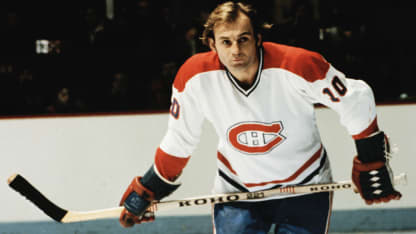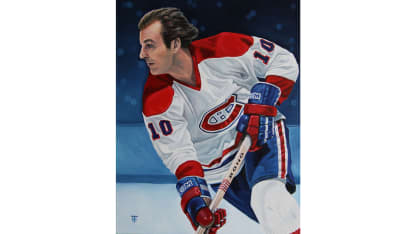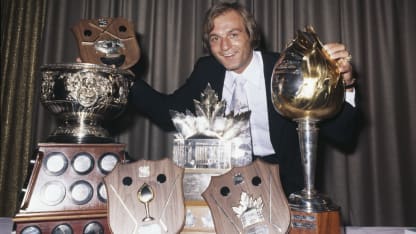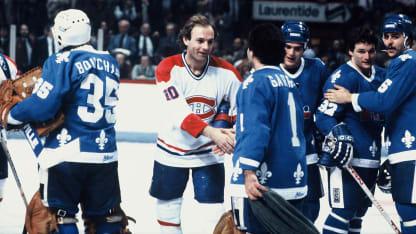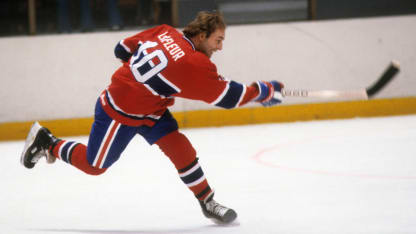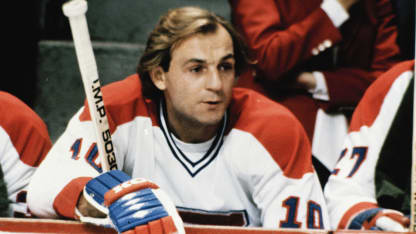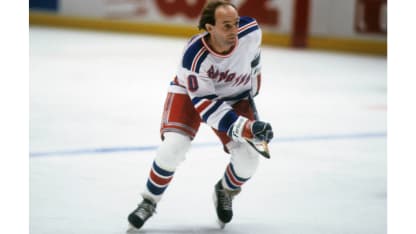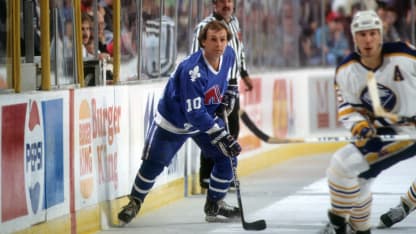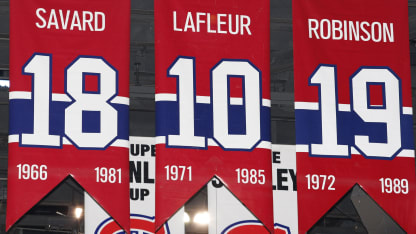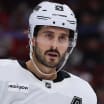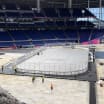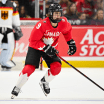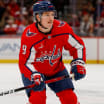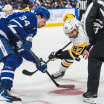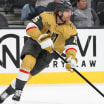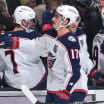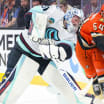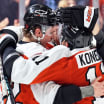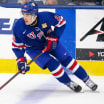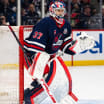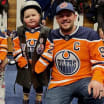Guy Lafleur's life would change forever when he was 10 years old, filling the net with ridiculous ease at Quebec City's renowned international peewee tournament against boys a couple of years his senior. It was then, in 1962, after another game in which Lafleur had dazzled, that the forward met both an idol and a hockey icon, Montreal Canadiens legend Jean Beliveau, who stopped by the dressing room at Le Colisee to meet the young, starstruck team.
The arena in the provincial capital was known as "The House that Beliveau Built" for his heroics with the junior Quebec Citadelles and the senior-league Quebec Aces in the late 1940s and early '50s. On this rink from 1969-71 with the Quebec Remparts, Lafleur would score 233 goals and 379 points and lead his Remparts to the Memorial Cup in '70-71 as Canada's top major-junior team.
